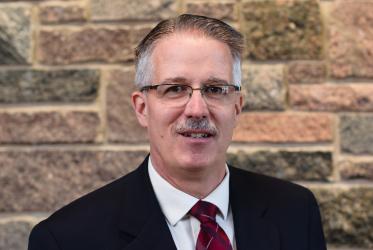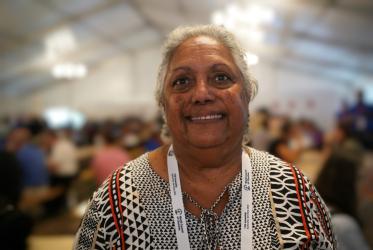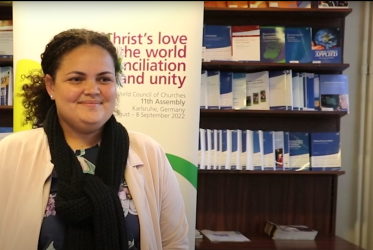Displaying 1 - 20 of 22
Christ’s Love (Re)moves Borders – GETI 2022 in images
13 September 2022
Promotion de la dignité humaine par l’art
07 September 2022
Promoting human dignity through art
06 September 2022












